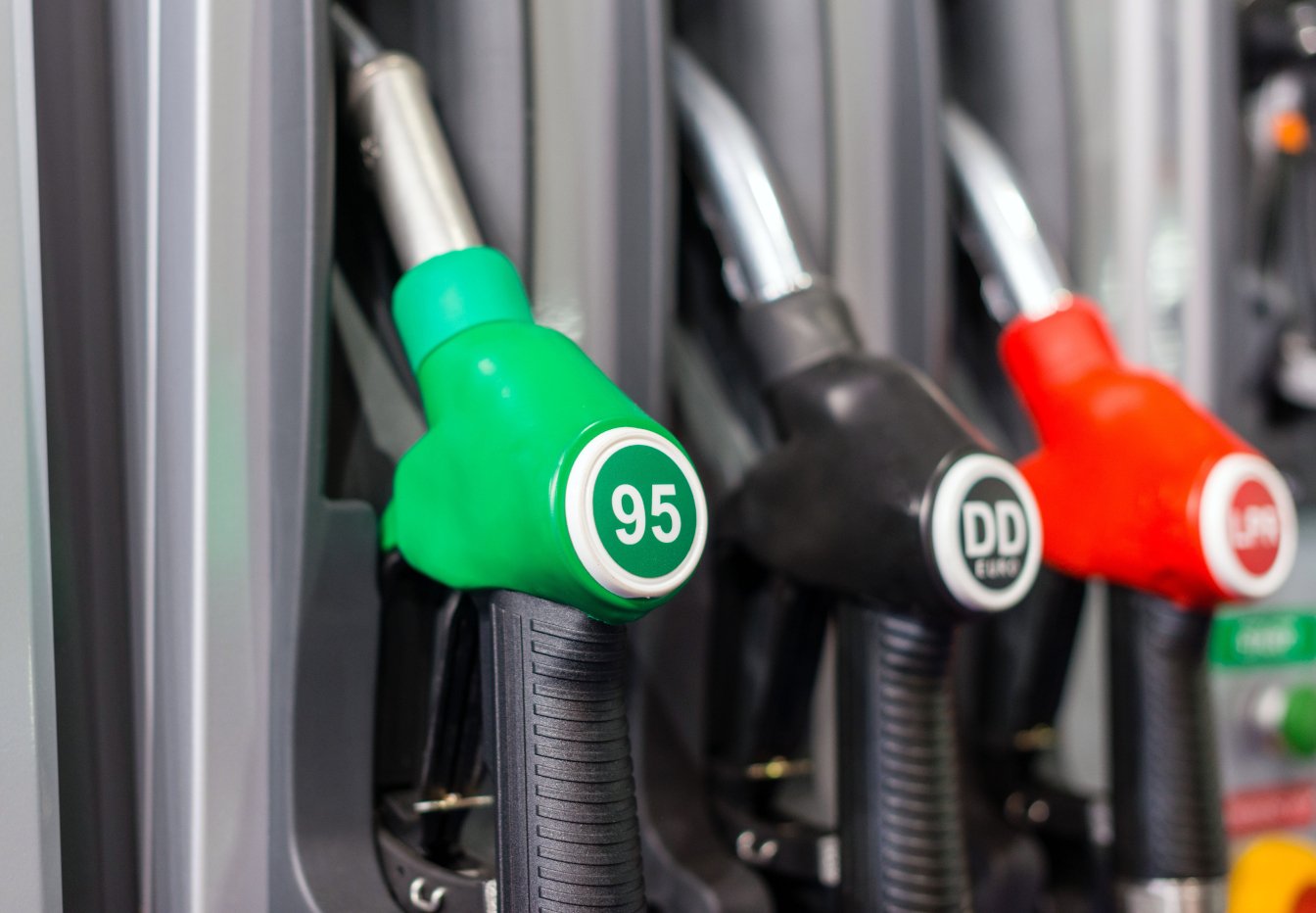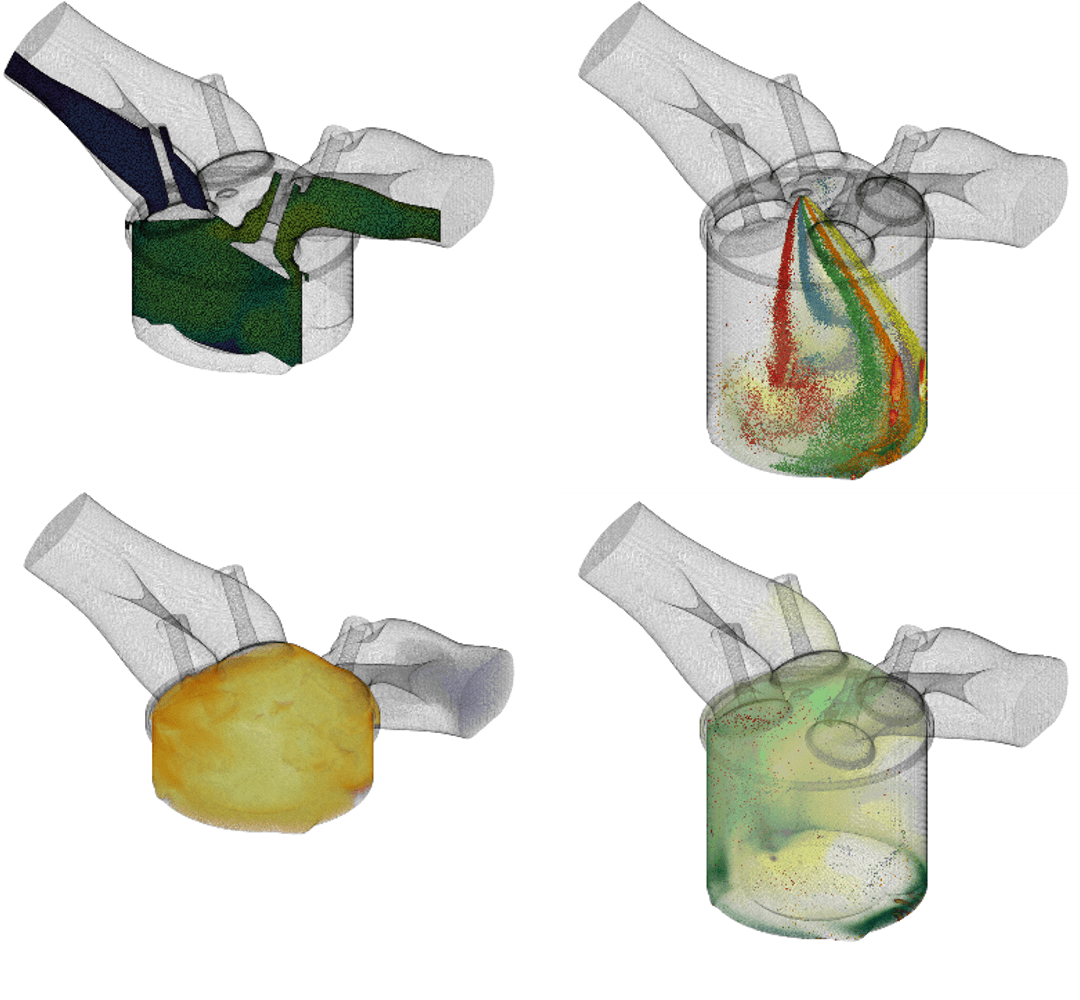
Carbon fuels

Optimising carbon fuel combustion
Developing and perfecting Internal Combustion Engines (ICE) for conventional hydrocarbon fuels is extremely complex. Over decades of engineering evolution, we've honed engine concepts to operate at levels very close to optimal performance under most conditions. Improvements, when achieved, are often measured in tiny increments. In such precision-driven applications, the accuracy and speed of the modelling toolchain are of paramount importance within the Computer Aided Engineering (CAE) process.
Chasing these minute differences in performance necessitates the ability to precisely model how combustion systems respond to small design changes. Simultaneously, the speed of the overall CAE workflow is vital; it enables a broader exploration of the design space and facilitates concurrent optimisation of systems that were traditionally designed in isolation.
In parallel there are still opportunities for paradigm shifts with new technology and novel engine concepts, where similarly accuracy and speed of simulation are essential to reduce reliance on expensive hardware prototyping.
Realis Simulation's toolchain excels in providing accurate fuel, kinetics, and combustion modelling for all commercially available hydrocarbons. Whether it's ethanol-gasoline blends, diesel fuels, or natural gas mixtures, Realis Modelling fidelity cascade empowers you to conduct precise analyses of how hydrocarbon combustion impacts various modelling levels. This ranges from detailed 3D detailed kinetics simulations and thermal modelling to 1D engine modelling and extends to real-time and systems-level evaluations.
